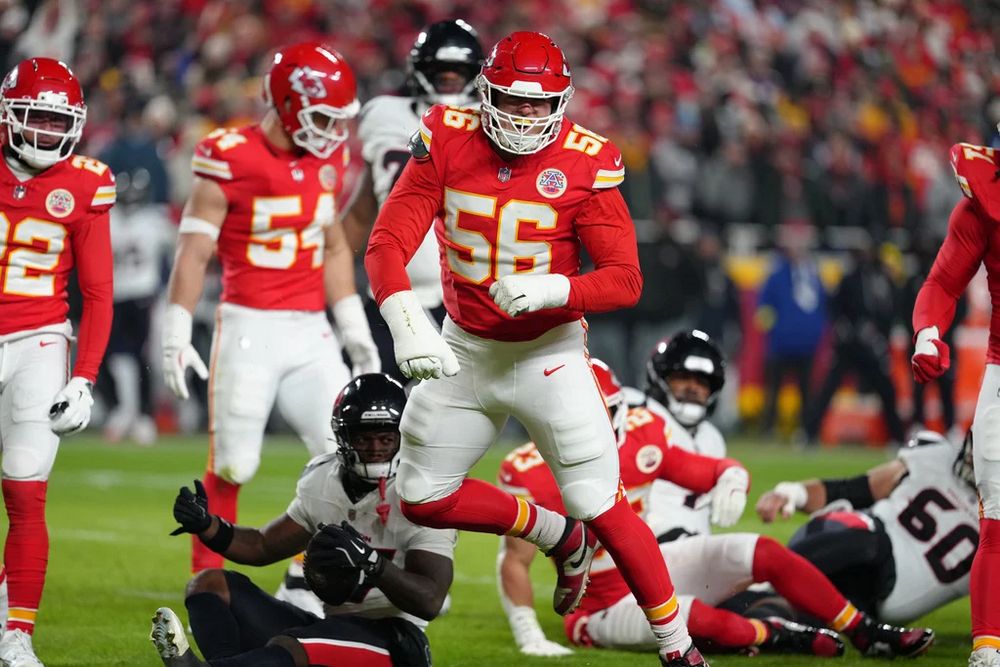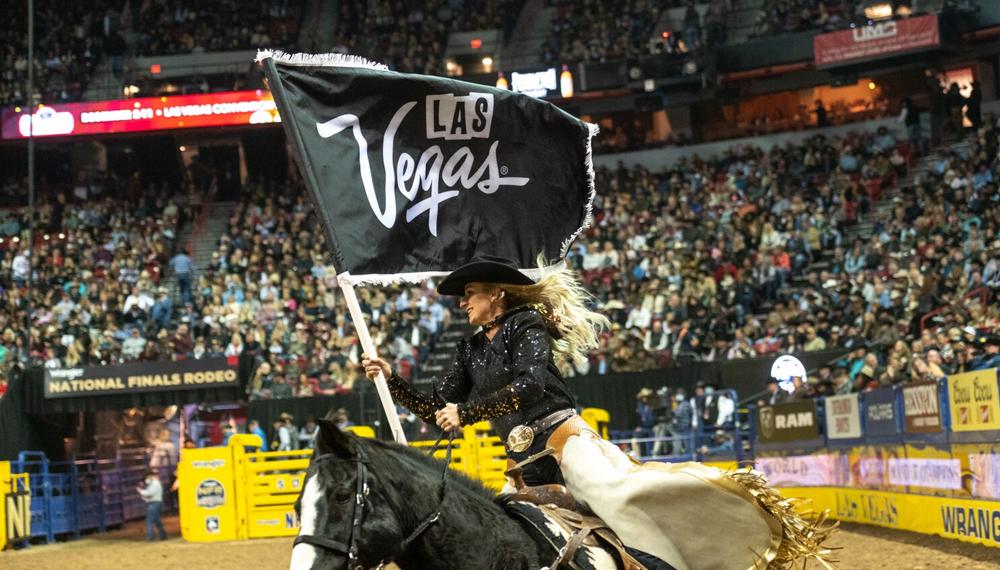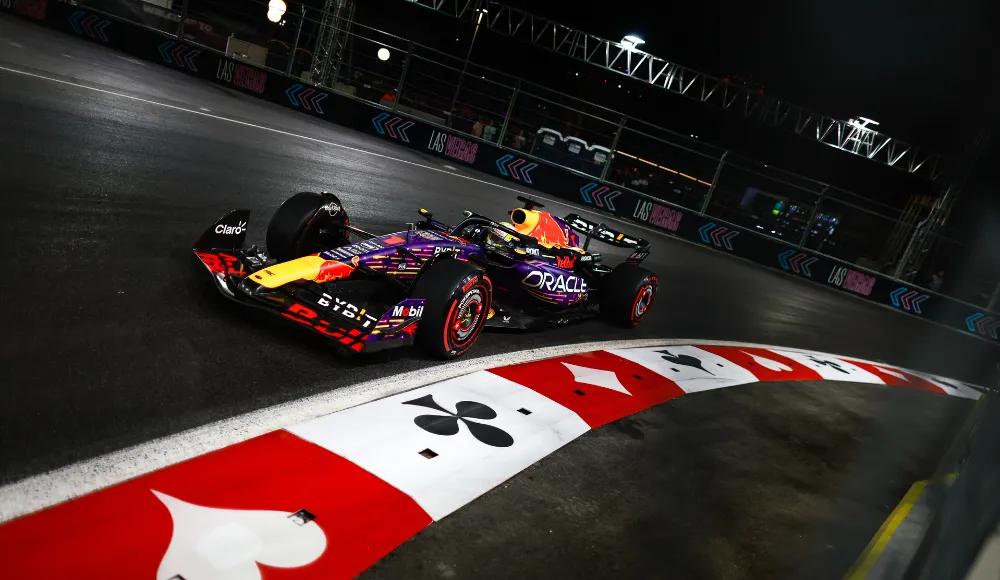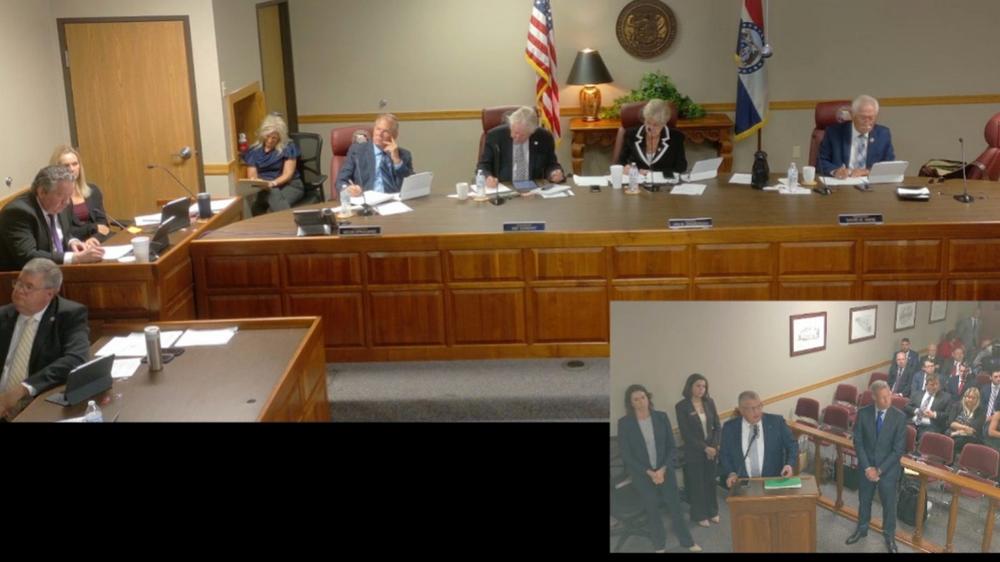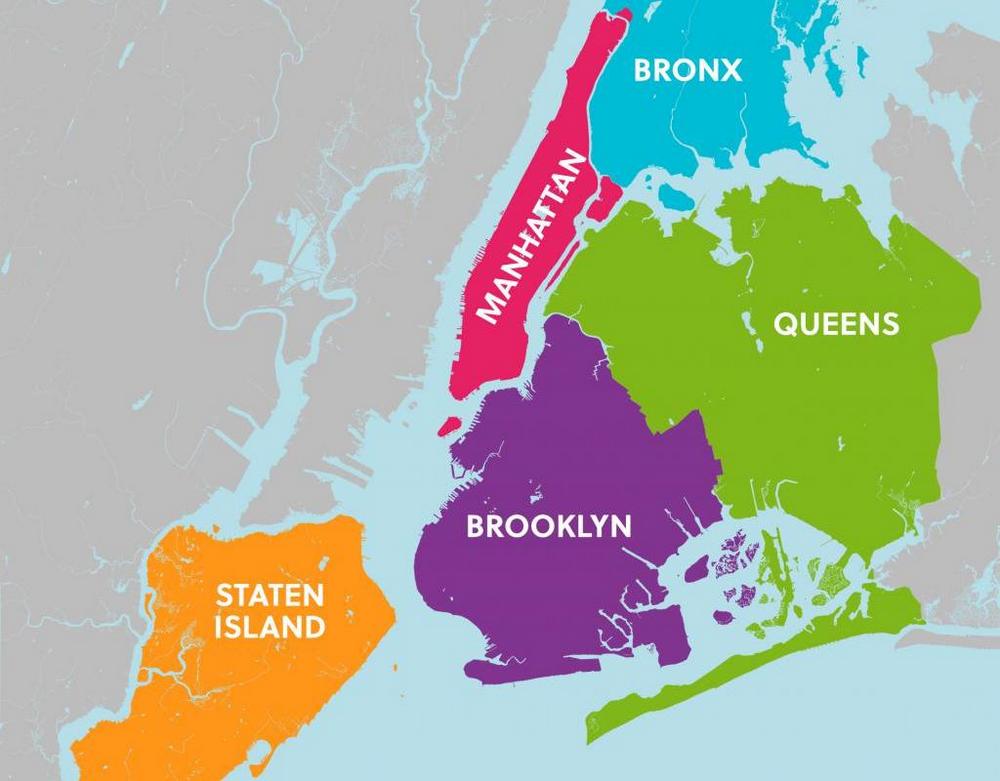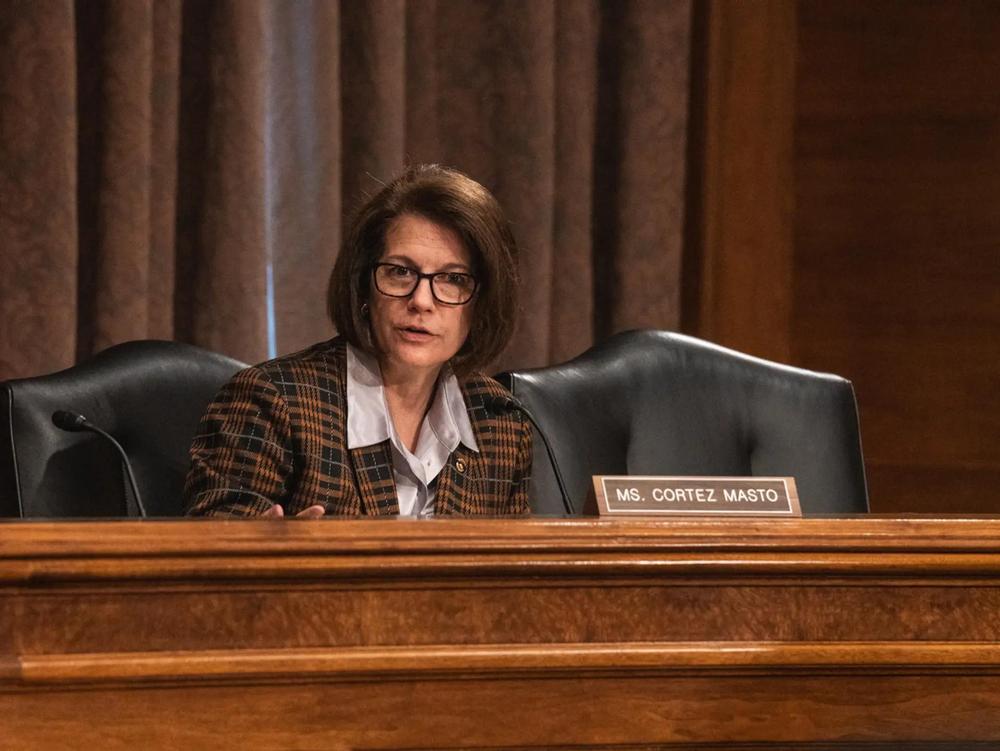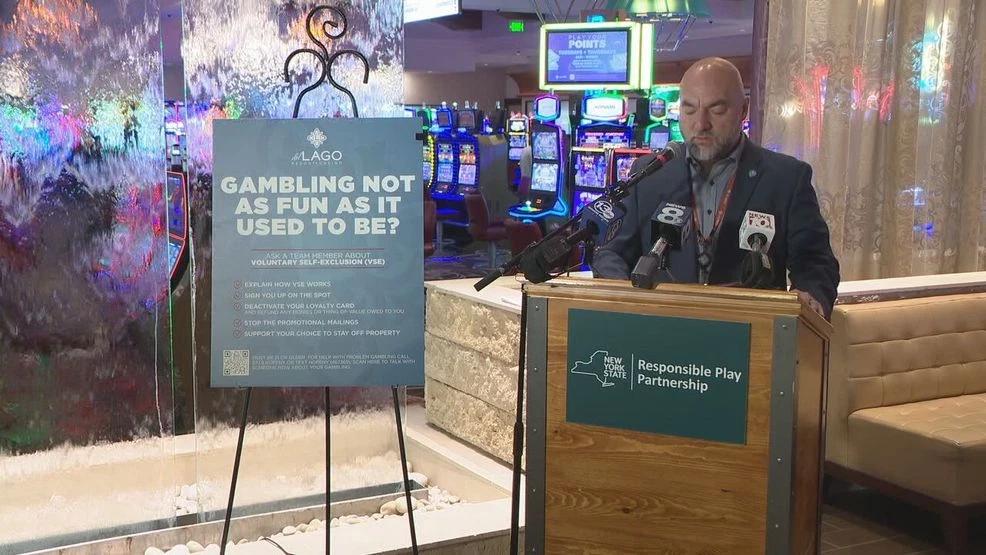A bipartisan effort in Washington has reignited the debate over the federal excise tax on sports betting. On September 15, 2025, Senators Catherine Cortez Masto (D-NV) and Cindy Hyde-Smith (R-MS) introduced the Withdrawing Arduous Gaming Excise Rates Act, legislation designed to repeal the 0.25% handle tax applied to every sports wager and the $50 annual tax per employee imposed on licensed sportsbooks.
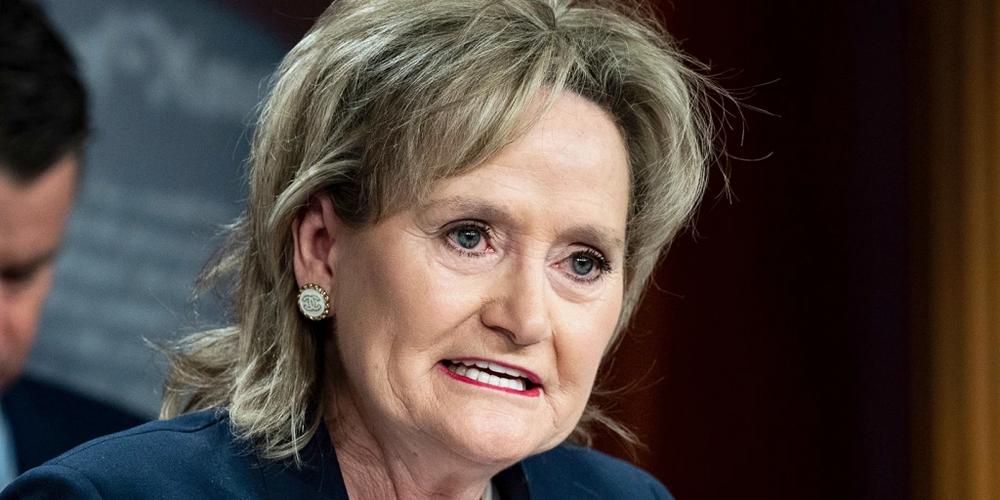
The federal excise tax has been criticized for years by the gaming industry as a relic from an era when sports betting was largely illegal outside of Nevada. Originally enacted in 1951 to combat organized crime, the tax is now seen as an unnecessary burden that undermines the competitiveness of regulated operators. Critics argue that the levy not only reduces margins for sportsbooks but also keeps the illegal market more attractive to consumers by making legal betting more expensive.

Industry groups including the American Gaming Association (AGA) have repeatedly called for its repeal, pointing out that the tax generates minimal revenue for the federal government while discouraging innovation and compliance in the legal market. According to AGA estimates, the handle tax raises less than $50 million annually nationwide, a fraction of the billions generated by the regulated industry, while imposing disproportionate compliance costs.
Supporters of the bill argue that eliminating the excise tax would help licensed sportsbooks allocate more resources toward responsible gambling programs, player protection, and local tax contributions. They also emphasize that the repeal would make it easier for smaller operators to compete in a rapidly consolidating market dominated by a handful of national brands.
Despite broad industry support, efforts to repeal the excise tax have failed in past sessions of Congress, often stalling in committee. The bipartisan sponsorship of the current bill is seen as a positive sign, but the outcome remains uncertain amid competing legislative priorities. Observers note that as more than 38 states now have legal sports betting, pressure is mounting on federal lawmakers to modernize outdated rules and support the regulated sector.
The push to eliminate the excise tax underscores a broader theme in U.S. gaming policy: balancing revenue generation with fostering a competitive, safe, and sustainable legal betting environment. For sportsbooks, operators, and players alike, the outcome of this renewed effort in Congress could reshape the financial landscape of American sports betting.


















